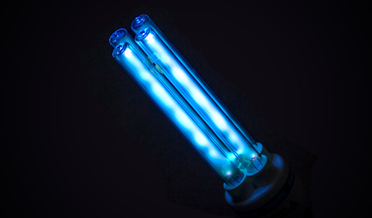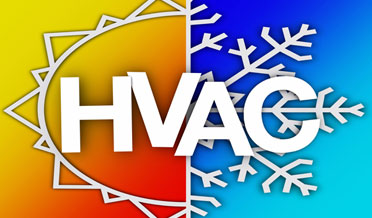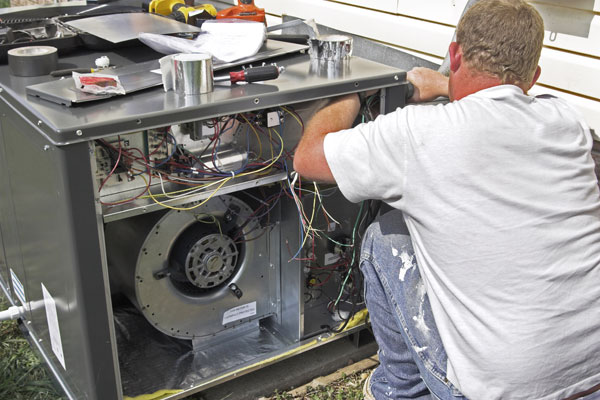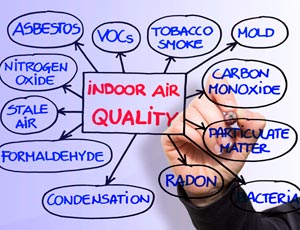South Texas HVAC Hurricane Preparation
South Texas is such an exciting place to live! There is so much to do and so many things to see that over 14 million tourists visit our metro area each year. However, one of the most exciting events we experience has the opposite reaction—major hurricanes.
While hurricanes might be a reality for our region, they are rather predictable and give residents time to respond. From June to November, locals take steps to prepare for the high winds, frequent lightning strikes, and heavy rains from major storms. Preparations are made for food and water supplies, boarding windows, and evacuation routes. Preparations are also made for various aspects of homeownership, including preparing your air conditioning system for the possibility of a severe hurricane, such as these suggested steps.
HVAC Hurricane Preparation: Care For Your Condenser Unit
The condenser is the outdoor portion of the air conditioner system and, therefore, is most vulnerable to storm damage from both wind and flood waters. Suggestions to protect the condenser include:
- Consider elevating the condenser to avoid flash flooding, especially around low-lying areas or drainage streams.
- To avoid losing the condenser to high winds, purchase straps and tie it down to the concrete pad it is mounted on.
- Prepare a cover that fits over the condenser to shield it from windblown debris.
Make sure not to cover the condenser unit while it is in use, since this will cause the compressor motor to overheat and severely damage the air conditioner.
HVAC Hurricane Preparation: Reduce Potential Debris
Speaking of windblown debris, be prepared to remove objects from the yard that might be carried away in high winds or damage the rest of your property.
- Store lawn furniture, toys, and anything else you might want to keep around. Hurricane-force winds start at 74 mph and may exceed 150 mph. Even the garden gnome is potentially hazardous.
- Be mindful of old trees and overhanging limbs that may fall during high winds.
- Consider a Whole-house Surge Protector
While hurricanes produce some lightning, the greater risk of damage is from surges created when the power grid fluctuates. A whole-house surge protector breaks the connection between the power grid and your home’s electrical system. This is useful during hurricanes, but it is also useful year-round during thunderstorms.
HVAC Hurricane Preparation: Turn Off the Air Conditioner During the Hurricane
As the hurricane approaches, lower the temperature setting on the thermostat by about 5 degrees for a few hours in advance of the storm. This adds a little comfort for your family since, for the safety of the air conditioner equipment, it needs to be shut off during the storm.
- The condenser unit is vulnerable during the storm
- Power surges are a real threat
- Chances are the power grid will be damaged during the storm
Be sure to cut the main power (and therefore power to the air conditioner) should you need to evacuate.
Post-Storm HVAC Hurricane Preparation Maintenance
- After the storm passes, do a quick inspection of the home and the yard. Be aware of downed power lines, then examine the condenser unit. If the condenser is damaged, do not restore power to the air conditioner system until repairs are completed.
- Make sure to remove any covering surrounding the condenser.
- Consider a post-storm maintenance visit from an HVAC technician to ensure the system is functioning properly.
Let us Help with your HVAC Hurricane Preparation
All Star A/C & Heating Services can provide the peace of mind you need for this summer’s heat by scheduling a springtime HVAC maintenance appointment. We have a seasoned team of HVAC technicians who can provide the HVAC Hurricane Preparation suggestions to keep your HVAC system storm-ready.













